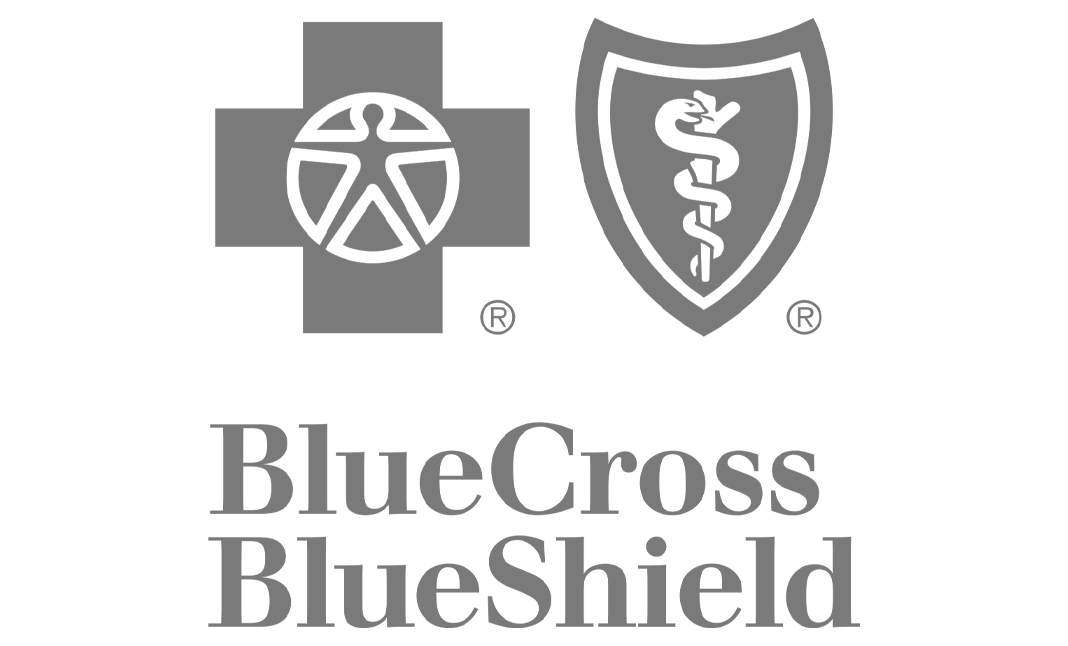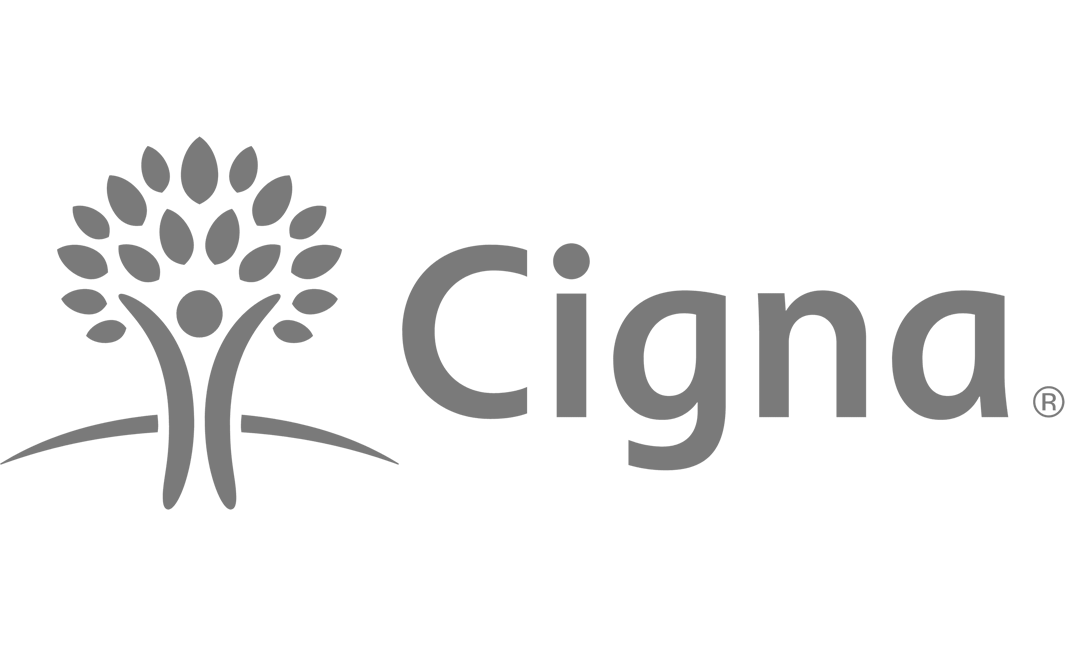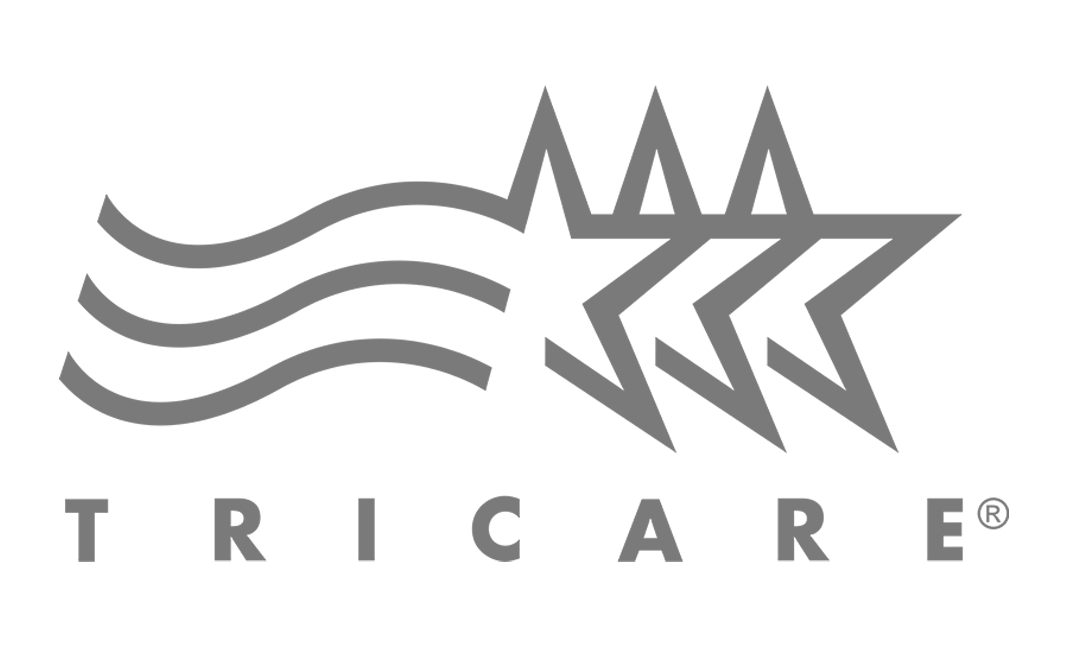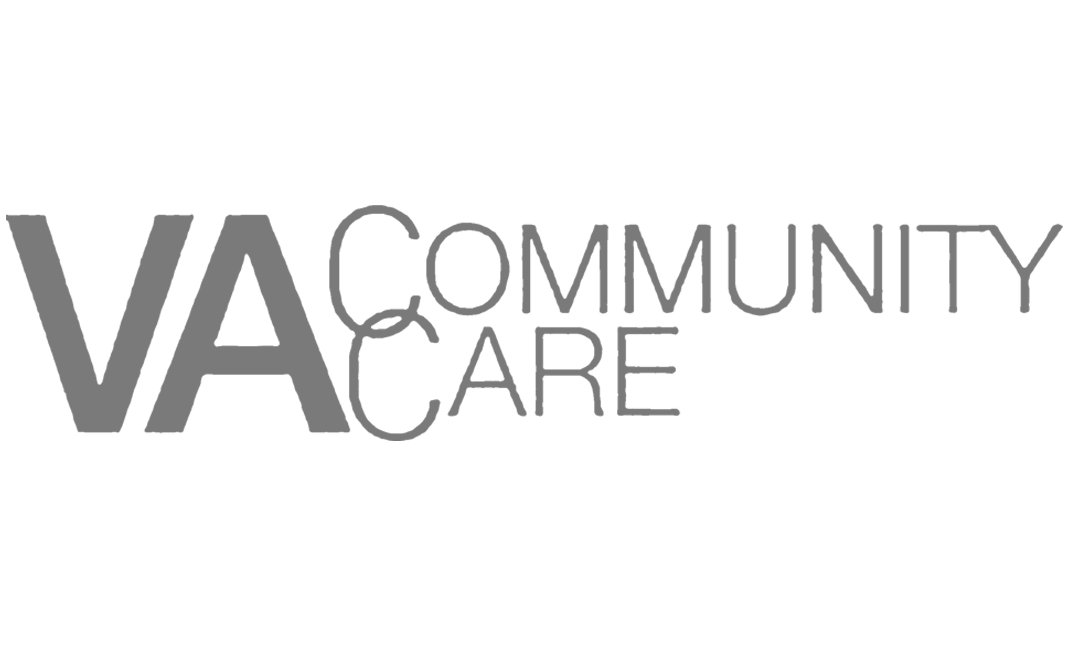Meth Withdrawal, Detox Timeline, and Treatment Options
Methamphetamine is known by many names. The two most common are meth and crystal meth, but it’s also known as crank, speed, ice, and more. While meth’s popularity and use have waned and waxed over the years, there is no denying that this is still a common street drug that can lead to addiction along with numerous health problems.
If you are looking to recover from meth, then you may want to know what the meth withdrawal symptoms and detox timeline look like. Keep reading for more information about this substance along with common treatment options to aid in your recovery.
What Is Meth?
Meth is a powerful stimulant that directly affects the brain and central nervous system. The substance itself is odorless, white, and easily dissolvable in alcohol or water, and it is most often a powder or crystal. It can be dissolved and injected, snorted as a powder, or crushed into a pill and swallowed.
As you may guess from the name, methamphetamine is made from amphetamine. The major difference is potency. At comparable amounts, methamphetamine gets to the brain faster and is a stronger stimulant. While it is known for giving people high levels of energy and feelings of euphoria, it also can damage the central nervous system. It also lasts longer than amphetamine and can lead to addiction.
Amphetamines do have medical merits and are used in certain medications, but they are highly controlled. Amphetamine is commonly used in many prescription drugs for attention deficit hyperactivity disorder, or ADHD. It has been found to help those with ADHD relax and focus. However, misuse of the drug can have the opposite effect.
Are Meth and Crystal Meth the Same?
Yes and no. They are both stimulants and made from the same ingredients. The major difference is potency along with how they look. Crystal meth is purer and stronger, which is why it looks clearer and more crystalline. Meth has a crystalline formation at most purities, but it might look whitish or grayish depending on the purity.
While crystal meth is more dangerous to your central nervous system, the overall effects are largely the same between the two. Withdrawal and treatment are similar as well.
Meth Withdrawal Symptoms
Like with many other substances, there are meth withdrawal symptoms that occur shortly after you stop using. Many people are worried about facing withdrawal symptoms, which can become a barrier to treatment and recovery.
While many people find that the withdrawal symptoms tend to be on the mild or moderate side, some people will have more severe reactions. You may want to consider a medical detox to help with this.
The methamphetamine withdrawal symptoms you are likely to first encounter are:
- Dehydration
- Muscle pains and spasms
- Headaches
- Increased or decreased appetite
- Cravings
- Psychosis such as hearing or seeing things that aren’t there
- Anxiety
- Red and itchy eyes
- Fatigue and tiredness
- Difficulty sleeping
Those who have used meth for a long time, especially crystal meth, may face more severe withdrawal symptoms. These tend to occur closer to the end of the detox. Withdrawal symptoms can include:
- Depression
- Irregular sleep
- Intense cravings
- Cognitive problems
- Highly vivid psychosis
- Anxiety
Why Does Meth Cause Withdrawal Symptoms?
You might be wondering why meth causes withdrawal symptoms and why withdrawal happens in the first place. Withdrawal symptoms generally occur because your body is always trying to maintain homeostasis. This means that your body is trying to keep things healthy and normal. If you add something to your body, such as meth that speeds up the central nervous system, then your body will have to react to keep your body as balanced as possible.
The problem is that the body can be slow to make changes. You might stop using meth, but your body might be reacting as if it expects it any minute. That’s because your balance now relies on meth use, but it doesn’t have to stay that way. You functioned well without meth, and you can do so again. It’s just a matter of allowing your body to get back to its normal speed and rhythms.
Meth Detox Timeline
Just like how every recovery journey is unique, everyone’s detox timeline from meth or any other substance will be slightly different. Aside from personal biological factors, there are other factors that come into play. Those who have used meth for longer and in larger quantities will usually need longer to detox. Restarting use in the middle of your detox can also add significant time to the process.
In general, most people will be able to detox from meth in about two weeks. This is when the most acute withdrawal symptoms should resolve. Some people just need one week while others need five. Cravings tend to last the longest of all the withdrawal symptoms, and it’s fairly common for this to last five or more weeks.
The most acute symptoms tend to last for one week, but some people might feel them for two weeks. While the symptoms themselves usually aren’t life threatening, this can be a difficult time. Overdose is common during this time as many people will seek to reinstate their use. You can get through it, though, and there is a lot of support available for you.
Meth Overdose Symptoms
Much like with withdrawal symptoms, many people don’t realize that there are meth overdose signs and symptoms. An overdose occurs when you take too much, and the effects overwhelm your body. What you may not know is that there is a high chance of overdosing if you begin detoxing but then restart using meth. Your body’s tolerance will quickly disappear once you stop using. Not only that, but those who give in to their cravings while detoxing often use more than usual. These two factors combine and make overdose more likely to occur.
A meth overdose can be fatal, so it’s important to recognize the symptoms and get help quickly. The unfortunate truth is that you may have to rely on others to call emergency services for you.
The most common meth overdose symptoms include:
- Difficulty breathing
- Chest pains or signs of a heart attack
- Seizures
- Changes in blood pressure
- Increased body temperature
- Extreme paranoia
- Changes in personality
- Intense abdominal pain
- Kidney failure, which often manifests as very dark urine or reduced urine
If you feel these symptoms occurring or see someone else going through them, then it’s best to call emergency medical services immediately.
Meth Medical Detox
Detoxing from any substance is difficult. While some people feel like they need to do it on their own, the truth is that this attitude could be preventing you from seeking services and resources that can help. A medical detox program can be highly beneficial to get you through this tough time.
A medical detox program ensures you are connected to medical staff members who can gauge your symptoms and responses. Not only will you be cared for, but the detox is much more comfortable when you have medical staff watching over you. This also tends to be more successful as you are more accountable while being monitored.
Detox is hard, and relapse can quickly occur when you’re feeling uncomfortable. Getting assistance from trained medical staff gives you an edge against your substance use.
Meth Addiction Treatment
Medical detox is only part of the answer. If you’re looking to change your behaviors, then meth addiction treatment can also be very helpful. There are several levels of care that give you varying amounts of therapy and support depending on your needs.
Some people need more help while others need less. It’s all about understanding your needs and being flexible. It’s quite common for clients to go up or down the levels of care as they progress.
Meth Outpatient Treatment
Outpatient treatment is done a little differently at each recovery facility. Some services only provide a one-hour individual therapy session per week while others add group therapy into the mix. These group meetings typically last 90 minutes and are twice per week.
As the lowest level of care, this is best for those who have a minor substance use issue, are stepping down from more intensive treatment, or have difficulty dedicating more time to their recovery. This allows you to explore yourself while finding tools to aid in your sobriety and stress management.
Meth Intensive Outpatient
Intensive outpatient, or IOP, is the next level up. It’s still considered outpatient care, but it’s a higher level and typically involves 10 clinical hours of treatment per week. The majority of this comes from group therapy. You will attend three group sessions that each last three hours. You will also have a one-hour individual session.
This type of treatment still allows you to work, see your friends and family members and live your life while getting a good amount of clinical time to work on your recovery. Your individual sessions will be used for exploring deeper issues while groups allow you to process your substance use while learning new tools for coping with stress.
Meth Partial Hospitalization
The next level up is a partial hospitalization program, or PHP. This is still considered outpatient therapy because you are able to go home, but you get more clinical services to match your needs. This is ideal if lower levels of care weren’t enough or if you’re stepping down from inpatient therapy.
PHP care lasts for an average of 30 hours each week. You will typically come to a facility for six hours a day, five days per week. Each day will consist of individual therapy, group therapy, and other wellness activities to help you on your recovery journey. You can then return home or to your sober house at the end of the day to sleep in your own bed.
Meth Inpatient Care
Inpatient care or residential treatment is a program where you live at the facility for a temporary amount of time. You will receive medical detox and medical help in general during this time. You will also receive structured therapeutic services to help you with your recovery.
Along with a mixture of group and individual sessions, there will be educational workshops and other activities so that you learn more about addiction, how it affects your body and how you can achieve sobriety. This level of care ensures that you are away from your stressors so that you can completely focus on yourself and your healing.
Start Your Recovery Today
We at Defining Wellness Centers are dedicated to helping clients with their substance use concerns. Whether you are seeking to quit meth, opioids, alcohol, cocaine, or other substances, we are equipped with the trained medical and therapeutic staff to help you on this journey. We also treat dual diagnosis clients, which are individuals with any combination of mental health and substance use concerns.
Recovery is possible, and your life can become so much better. Contact us today and let us create an individualized treatment plan for you that meets all of your needs.



















